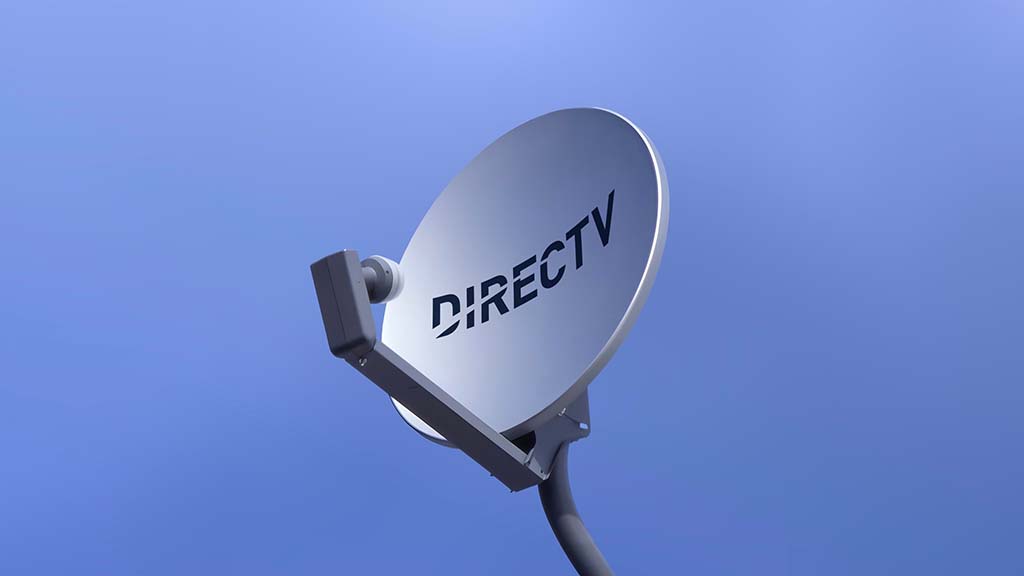
Shares in Dish Network parent EchoStar climbed 7% in early Monday trading, following reports by Bloomberg that the satellite TV provider is discussing a merger with DirecTV.
It’s not the first time Dish Network-parent EchoStar has entered discussions with DirecTV, with EchoStar chairman Charlie Ergen regularly stating for years that he believes such a tie-up is “inevitable.”
In fact, the FCC blocked a formal proposal to merge the two once in 2002, citing antitrust concerns.
But according to MoffettNathanson analyst Craig Moffett, the waning market power of these two struggling satellite TV businesses may actually work in their favor this time.
Also Read: Dish and Sling TV Revenue Collapses, Down a Record 10% in Q2
Back in July 2021, just before AT&T spun off DirecTV into a separate entity, the pay TV company had 15.412 million remaining subscribers.
According to a DirecTV source, that number has fallen to around 11 million.
Moffett says that, in light of such unchecked subscriber losses, “it’s hard to imagine that regulators would block a deal.”
But given that there are “no synergies” between the companies’ satellite portfolios (which operate on two different conditional access technologies), a merger would likely provide very limited benefits.
“The biggest synergy would once have been to eliminate churn,” Moffett explained. “But today they each capture so few gross additions that cutting them, potentially even in half, wouldn’t amount to much.”
While DirecTV and Dish could benefit from the merging of their ground facilities and G&A, that single sector likely won’t be enough to keep the business afloat for more than a year.
"It’s hard to argue that a merger shouldn’t happen; it clearly should. Consolidation during a period of secular decline is always to be expected,” wrote Moffett. “But it would be a mistake to overestimate its importance. Adding a year or so to the expected life of satellite TV isn’t going to change the narrative for programmers, distributors, or even for satellite TV.”







